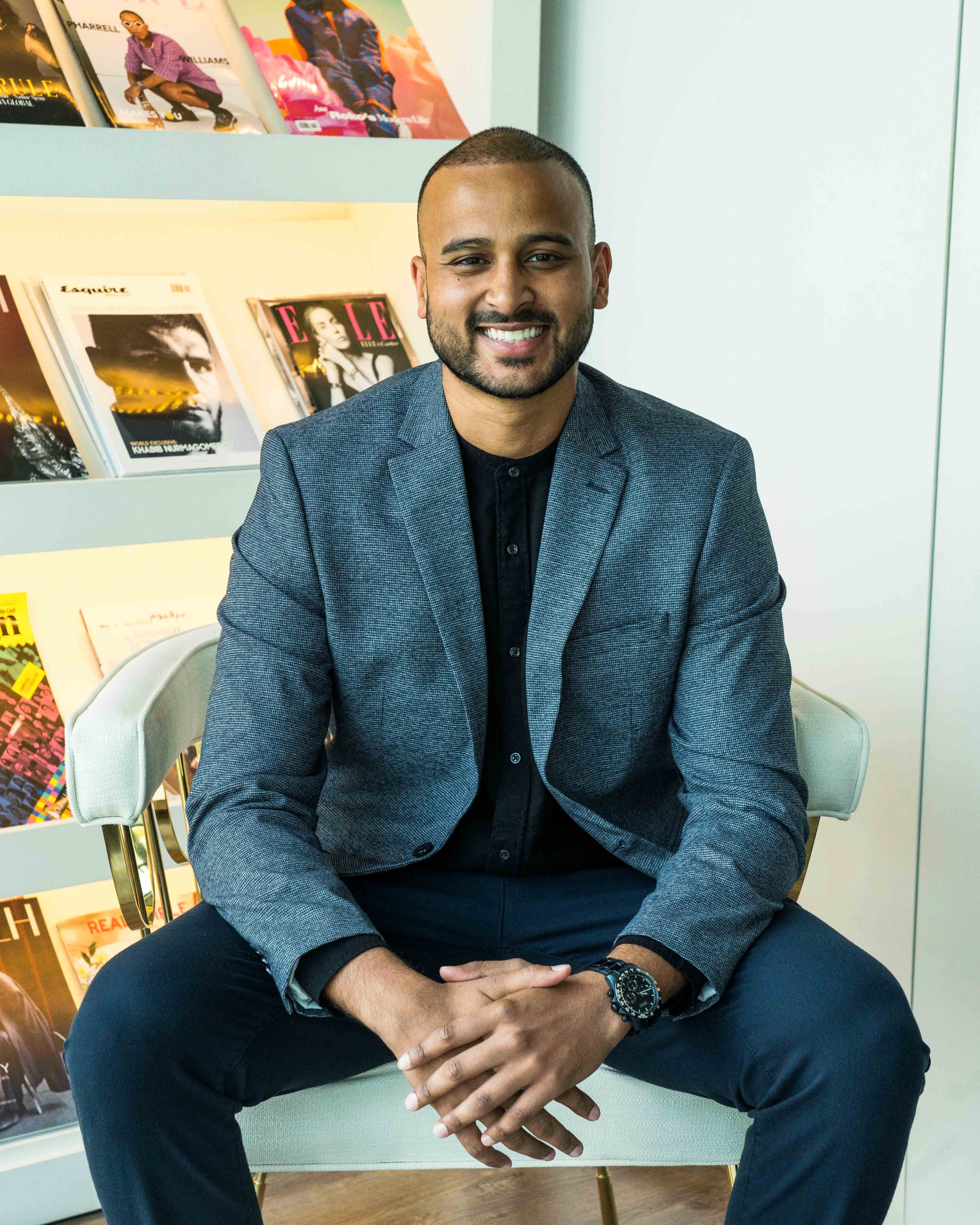By Dushane Solomon, account executive at Atteline
81,396 hours, 3,391.5 days, 484.5 weeks, 111.5 months, or nine-plus years – however you look at it, for most people who work a nine-to-five job, this is how much of their life they spend working. With Dubai being ranked as the most overworked city around the globe, if you live in the UAE, you will likely spend more time at work than the world average.
It’s here! Marcomms360 – Predictions 2023 is Campaign Middle East’s flagship annual event and a must-attend for anyone who wants to be prepared for the year ahead. The full-morning conference takes place on December 8 in Dubai. Book your tickets now before they sell out.
Considering this, you would hope that most people are happy with their jobs, but they are not.
According to Gallup’s State of the Global Workforce 2022 report, 60 per cent of employees are emotionally detached at work and 19 per cent are miserable; admittedly, I have been both at prior stints in my professional career. This is not to say that I have only had terrible experiences, but I truly believe that you can only appreciate the best when you have been through the worst.
That is why I have developed a deep appreciation for companies with strong work cultures.
Spotting a great work culture
“Those who brag don’t have” is an expression that resonates with me as it applies to anything from people who boast about their life to companies that promote their work culture.
Before joining Atteline, I had heard about how great their work culture was from one person who worked there and three people who never had. Being interviewed by the company directors only reinforced this notion.
Across two separate interviews that collectively lasted for more than two hours, not once was I sold on the concept of work culture. Instead, we had cordial and transparent exchanges which indicated that what I had heard was true.
Job interviews used to make me nervous because they often felt like interrogations rather than conversations, but I have realised that employer-employee relationships are a two-way street; a company benefits from your services, and you benefit from working for them.
If you feel the need to put on a facade, you cannot be yourself at a job, and it will not be enjoyable or sustainable. Similarly, if interviewers duck your questions, interrogate instead of conversing, and do not seem enthused about their job or remotely interested in your career goals, joining their company will probably be a recipe for disaster.
Speaking of remote…
Everyone has different needs, so, ask yourself and understand what you desire in a job before you join a company, let alone apply to one.
A Remote Work and Compensation Pulse Survey found that post-pandemic, only 8 per cent of employees were willing to return to full-time jobs, 48 per cent of workers wanted to work from home permanently, and 44 per cent wanted to work from home for part of the week.
My fully remote experience, as a result of COVID-19, was initially great but eventually became anxiety-inducing. Waking up in the middle of the night to see my laptop, and being unable to escape my home to socialise in person drove my decision to return to a fully in-person job – and then I remembered that it was tedious, outdated, and unnecessary.
I have grown to prefer hybrid-work models as they enable in-person interaction and offer remote work benefits that the pandemic has normalised.
Being relatively new to Public Relations (PR) industry, this balanced work structure lets me learn from, as well as interact and collaborate with colleagues in person, but still execute tasks like research and writing which I would rather do independently.
Speaking of balance…
To me, a company with a great work culture fosters a work-life balance.
As someone who has primarily worked in agencies, the truth is we are not doctors and we do not save lives. This does not undermine the importance of our jobs, but it is a reminder that the word “urgent” is often overused and many times, deliverables can wait.
A nine-to-five structure that does not pressure me into working outside of my job hours, motivates me to regularly give my best. Additionally, with no expectations for me to work outside of my office hours, I sometimes find myself doing so anyways without being prompted to.
No situation is perfect but these are just some of the factors which make a job more enjoyable. Other important considerations are a lack of micro-management, opportunities for growth, freedom to communicate, and most importantly, the people who you will be working with.
Make every day count
Gallup also cited that MENA’s regional percentage of daily anger, daily sadness, and employees who say they are likely to move in the next 12 months is the second highest globally. As someone who has experienced these emotions in the past, I do not want to feel them again.
We only sleep more than we work. I prioritise owning a good mattress for a great night of rest, so, I believe that the least I owe myself is to work at a job that I do not resent waking up for.
To be fully transparent, I have no intention of working a nine-to-five for the rest of my life. However, I am a couple of million dollars shy of retiring any time soon and while I do work, my job satisfaction is of the utmost importance – I am grateful to feel like I have finally found it.










